Members of the Renewable Heat Association for NI (RHANI) are to hold a general meeting in early January to discuss last week’s High Court ruling which upheld cost-cutting changes to the Renewable Heat Incentive (RHI).
The group representing RHI-accredited boiler owners is to consider the costs and possible outcomes from appealing last week’s judgement.
RHANI executive chair Andrew Trimble confirmed to the Irish Farmers Journal that the legal action to date has cost over £200,000 and has exhausted the organisation’s funds. He said that another £200,000 would be needed to take an appeal forward, and this would have to be met largely from 2018 membership fees.
The Department for the Economy (DfE) initially introduced the cost cutting 2017 regulations for one year, however the department now plans to extend the regulations for another 12 months until April 2019.
“This will be a temporary measure to provide us with the opportunity to develop and consult on the long-term arrangements needed for the lifetime of the scheme,” a DfE spokesperson said.
RHANI’s 537 members are understood to represent around half of the individuals and companies involved in the non-domestic RHI scheme and should be in a good position to influence a future consultation. “We hope that DfE will work with us and will attempt to restore confidence in the renewable energy sector,” Trimble said.
RHI audits
Meanwhile, the second phase of inspections of biomass boilers accredited under the RHI are to begin in the New Year, a DfE spokesperson has confirmed.
In the first phase of the inspection programme, 32 site audits were conducted by inspectors from consultancy firm Ricardo Energy and Environment on behalf of the department.
Inspections
“This included a series of announced and unannounced inspections. In these 32 sites a total of 63 boiler installations were inspected. Inspections will continue in the new year,” the DfE spokesperson told the Irish Farmers Journal.




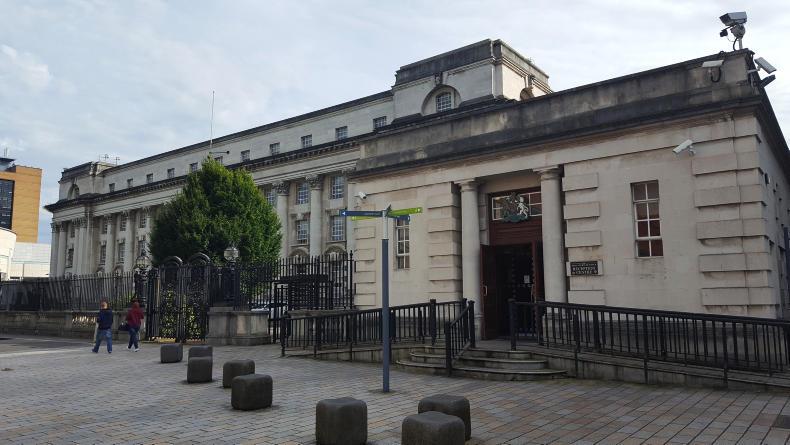
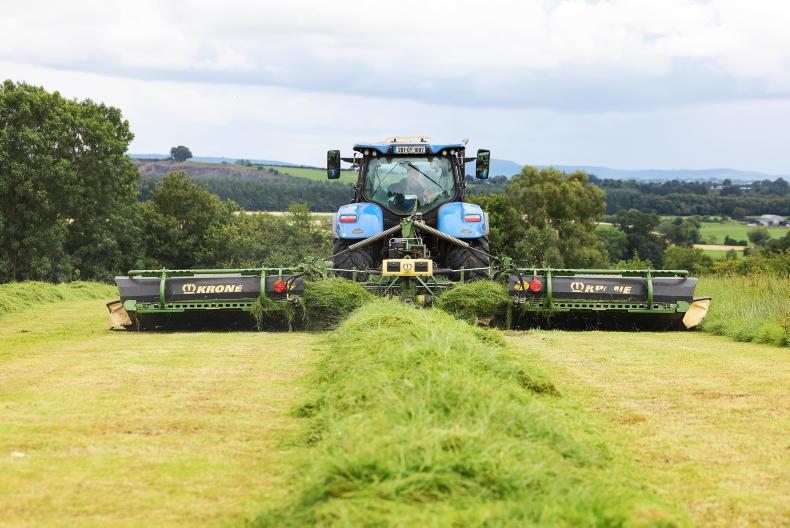

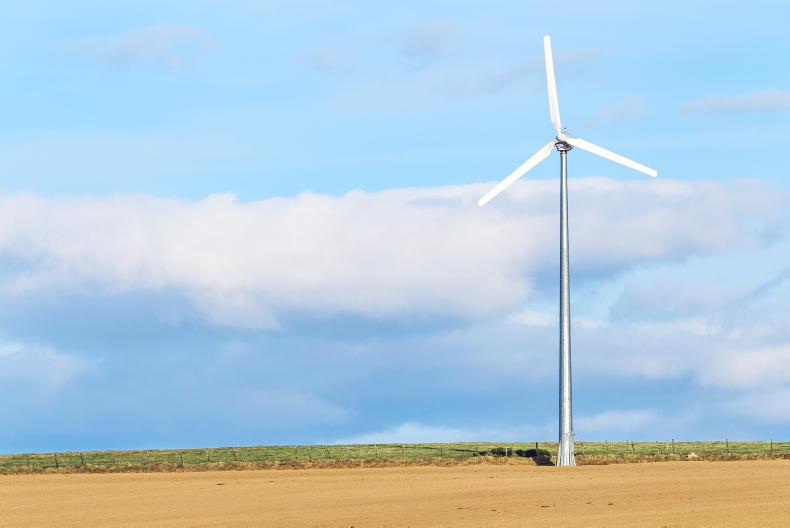
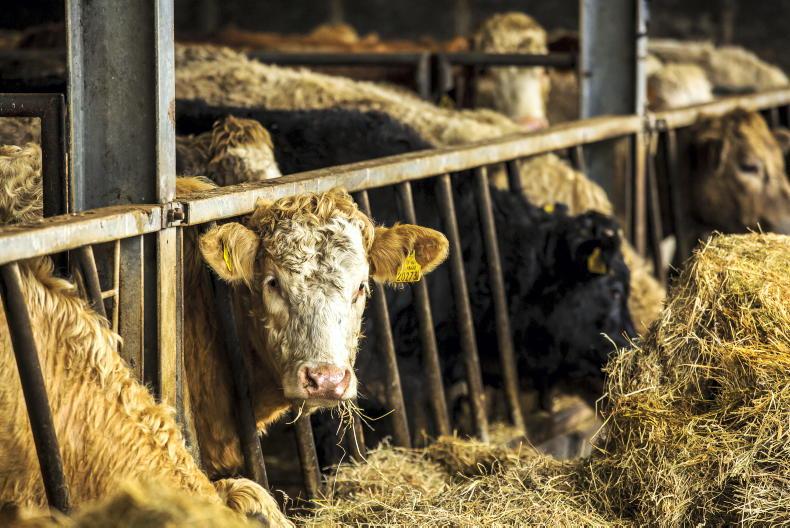
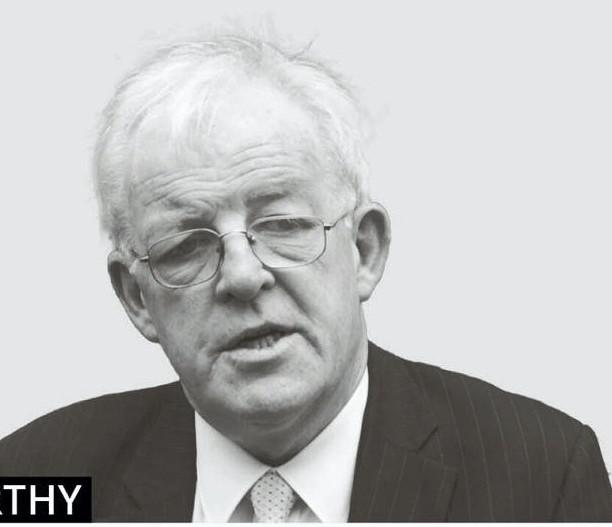
SHARING OPTIONS